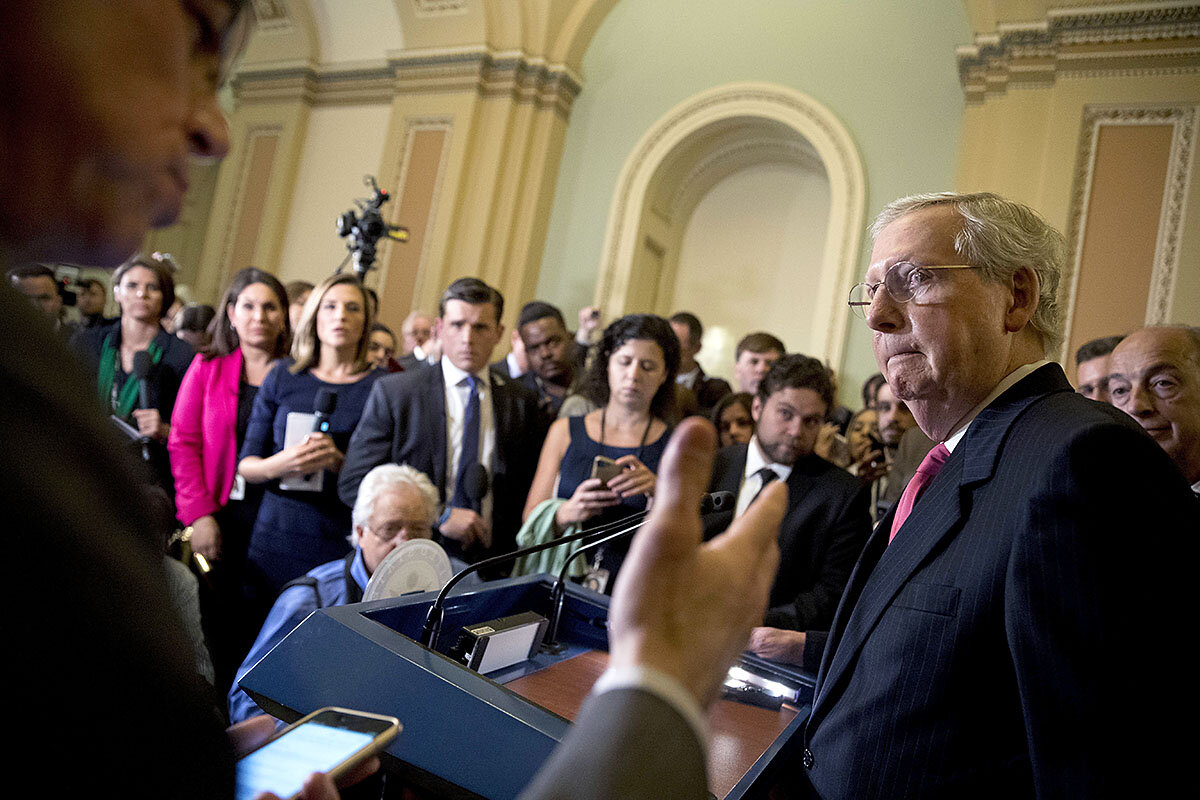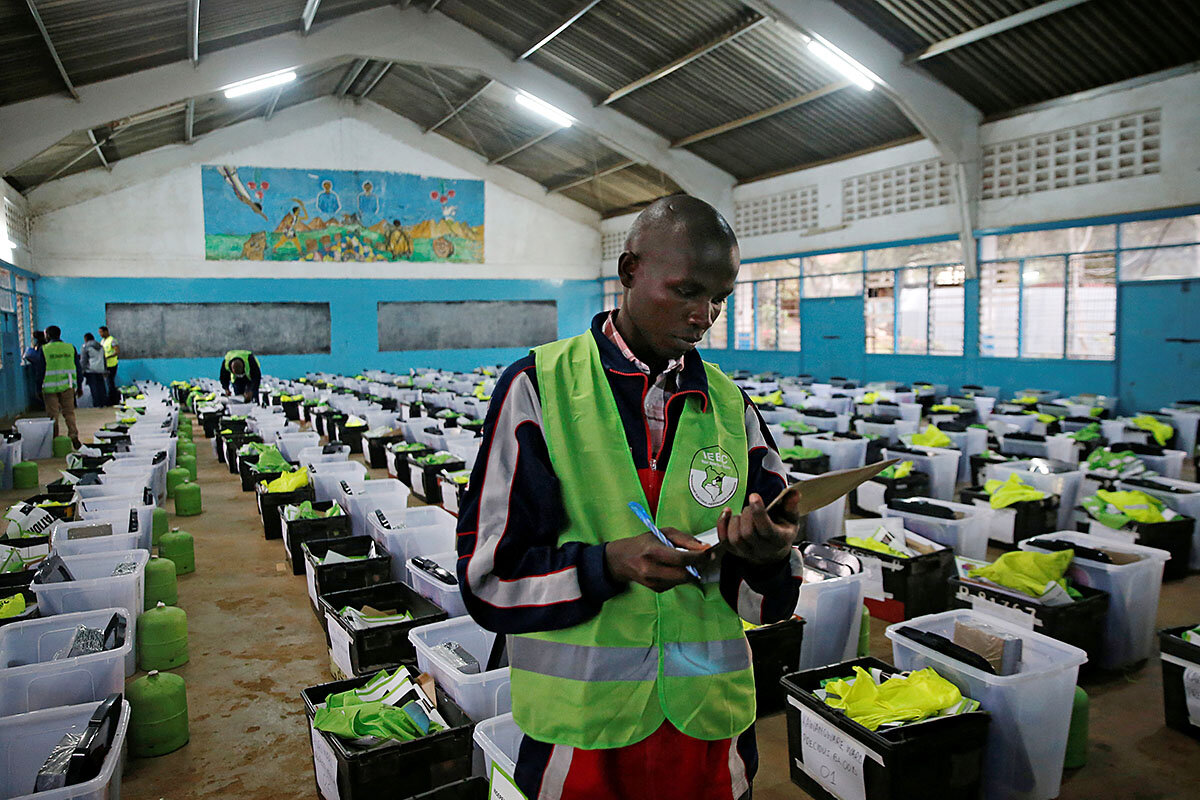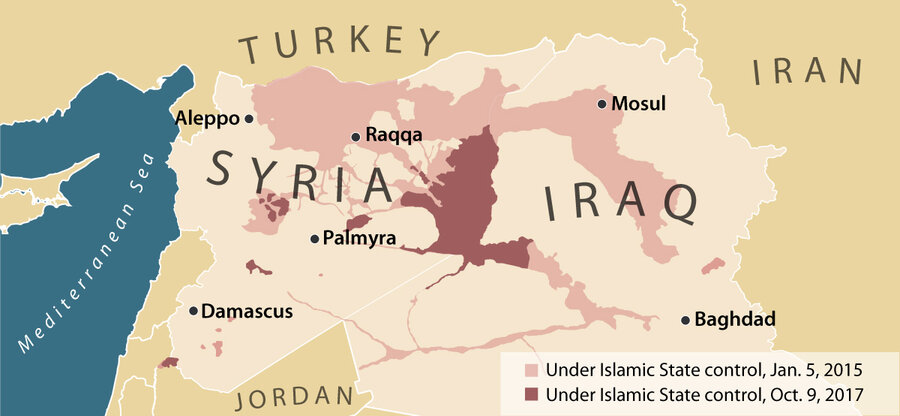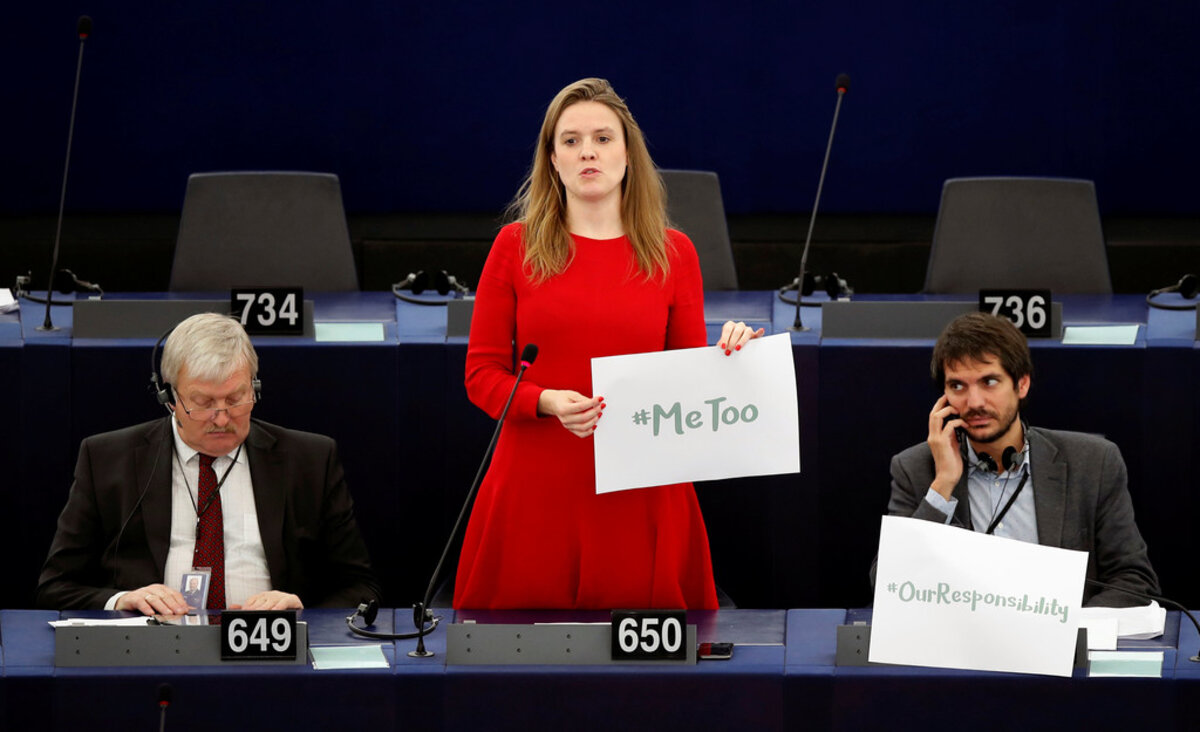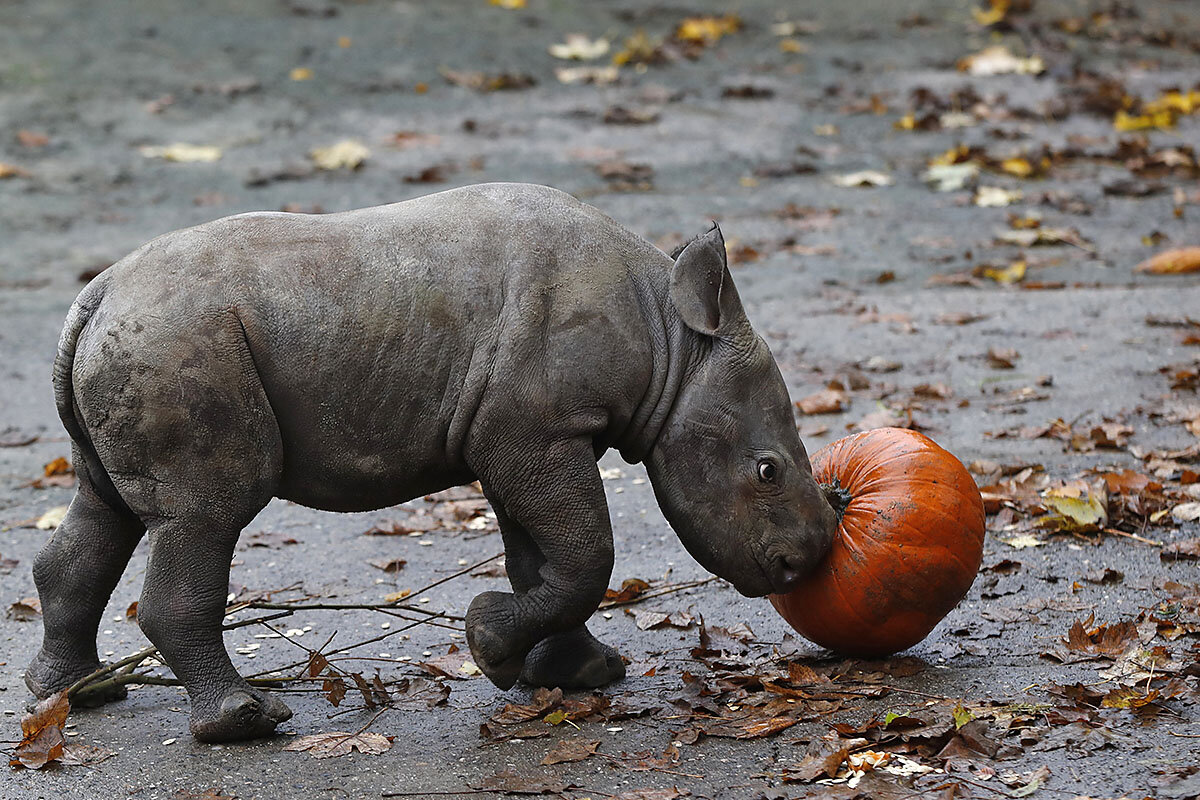Warnings about rising deficits have been few amid the push for popular tax cuts. That may be because bipartisan cooperation figures prominently in reducing the nation's red ink – and in a deeply polarized Washington, it's hard to find.
Monitor Daily Podcast
- Follow us:
- Apple Podcasts
- Spotify
- RSS Feed
- Download
 Amelia Newcomb
Amelia Newcomb
If you thought US-Russia relations could not get more complicated – or murky – the past week may have changed that perception.
The reason lies with William Browder, who has drawn Kremlin fury with his relentless pursuit of justice for a Russian lawyer who died in 2009.
To back up: Six years ago, Mr. Browder visited the Monitor’s offices to talk about what seemed a quixotic journey. A US-born British citizen, Browder is CEO of Hermitage Capital, once the largest foreign investor in Russia. He worked there with Sergei Magnitsky, who in 2008 tried to expose an alleged government scheme to embezzle $230 million in taxes paid by the hedge fund. Mr. Magnitsky was instead arrested on charges of committing the crime. He died in prison after horrific abuse.
By 2012, Browder’s intense lobbying spurred passage of the US Magnitsky Law, which sanctions Russian officials linked to that case or other rights abuses. Last week, Canada became the third country to follow suit. Russian President Vladimir Putin retaliated by placing Browder on Interpol’s wanted list. That triggered an automatic notification by the United States that Browder could not travel to the US, which triggered a congressional outcry.
The restriction was quickly lifted. But the episode bears watching. Russia detests the Magnitsky Act. Donald Trump Jr. stirred the pot when he met with a Russian lawyer who lobbies to overturn it. Its journey is far from over.




